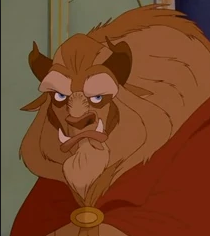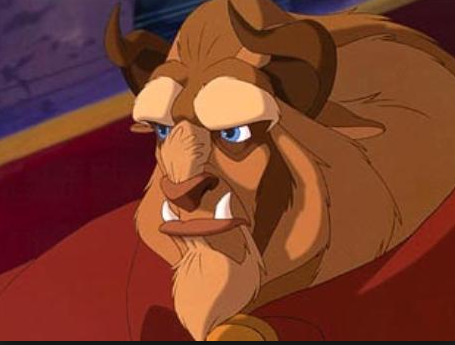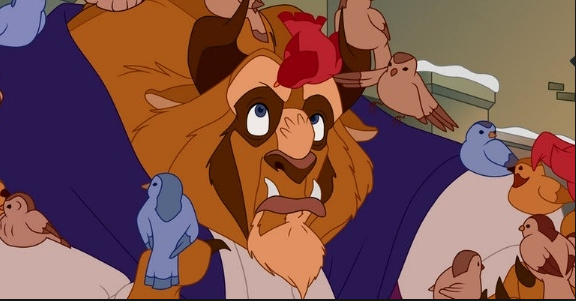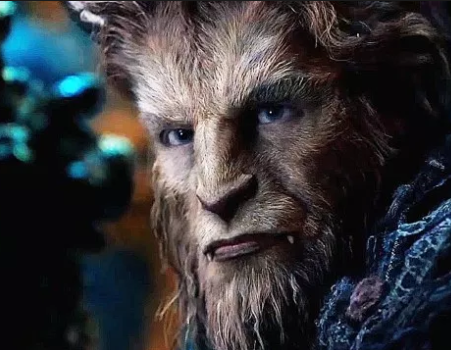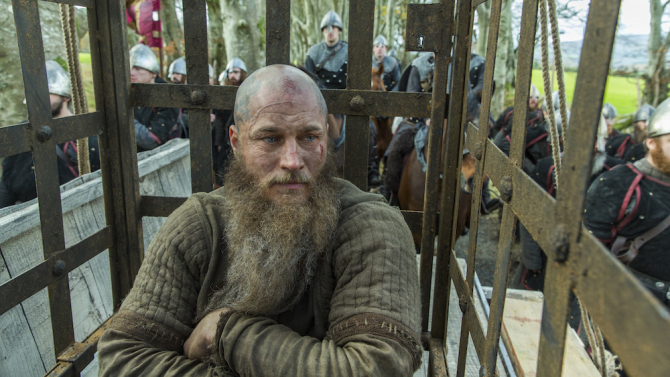That Sequence: House of the Dragon S1:1
NB I have read all of George RR Martin’s Westerosi books, including Fire & Blood, on which this show is based. I have also watched all of the original Game of Thrones tv series. I will attempt to avoid spoilers, but I will make some references to events that happen in broad strokes, particularly when the result is obvious in the Game of Thrones series.
Queen Aemma’s Death
The original series gained something of a reputation in regard to violence, particularly sexual violence towards women. It was always present, but the showrunners’ tendency to use rape as a storytelling device or an opportunity for character growth in the later seasons of the show was widely criticized. Though, by the end there was no shortage of things to complain about in the direction of the show.
House of the Dragon, though still in its infancy, has made some efforts to right some of those issues by limiting the amount of sexual violence, by examining the agency of women in the highly violent and misogynist Westeros. However, one of the most violent and difficult-to-watch scenes in either show.
Succession hangs heavily over the Targaryen family in this episode and the question of who has a right to sit on the Iron Throne is the central issue.
King Viserys is a man who loves his wife, and his daughter. But, like many a king, real or imagined, Viserys wants a son. Also throughout the opening episode, this king also goes out of his way to avoid conflict, to the extent that he will not push back against his council of advisors, led by his Hand, Otto Hightower, or his younger brother, Daemon.
Maesters are an religious order of scholars, healers, messengers, and scientists, and in Martin’s A Song of Ice and Fire, maesters are not to be trusted. Much like the Bene Gesserit in Frank Herbert’s Dune, this learned group have their own ideas, own agendas, own desires for power and manipulate kings, queens and other powerful people to do their bidding. Maester Mellos, the maester who works for King Viserys, has been making sly eye contact with Otto Hightower all episode. The Hightowers come from Old Town, on the southwest corner of Westeros, and is the home of the Citadel, where the maesters train. There is something happening between the two men.
Mellos, as the royal healer, is present while Queen Aemma is giving birth and the birth is not going well. Aemma knows it isn’t going well, but Mellos assures her that everything is fine while taking Viserys aside and tells him that things are not going well, but their could save the baby by performing a C-section. Viserys must sacrifice his wife for the possibility of this son. Viserys agrees with no discussion with Aemma, and gently explains that the baby will be coming now, with no mention that the procedure will kill her.
Aemma is without agency or control as they pull her body down to the end of the bed and begin to cut the child out of her as she screams, her body being sacrificed at the altar of power.
The scene cuts to the maester holding the newborn son, Baelon, and assuring Viserys that sacrifices are sometimes necessary, and then the next scene is of Aemma’s funeral pyre, her body shrouded and then a much smaller shrouded body. The baby also died.
Mellos holding the child right before it’s made clear that the child has died, there's clearly some manipulation and this king is allowing himself to be manipulated
It's one of the most violent things I've seen on television in a while and I can’t help thinking that there is some sort of comment being made about the current questions about women’s bodies, a woman’s right to choose, the decisions they are allowed to make when it comes to their own health, their own bodies., their pain, their suffering and what rights are given to the people who bring life into the world.
The king is consulted, he and Mellos discuss the situation and they completely pull the wool over Aemma’s eyes and just begin.
.It was also established in an earlier scene with her daughter, Rhaenyra, how resigned Aemma is that her job is to provide heirs, the proceedure might have even been something Aemma agreed to. She might have been willing to sacrifice herself if it meant that Viserys, her much-loved husband and king, has the long-desired heir. This would be tragic, but it would have been her choice.
It's a comment on the agency of women within this society and a wider comment on how horrific it is when that free will is stripped.
By placing this scene in the first episode, it establishing the shady goings on of the maesters, but it also raises stakes for Aemma’s daughter Rhaenyra. Rhaenyra is named heir by Viserys at the end of the episode, the first daughter to be named in the 200 years of Targaryen reign. But her role to produce another heir and the sacrifice of her mother will hang over. It’s only the first blood to be shed.




